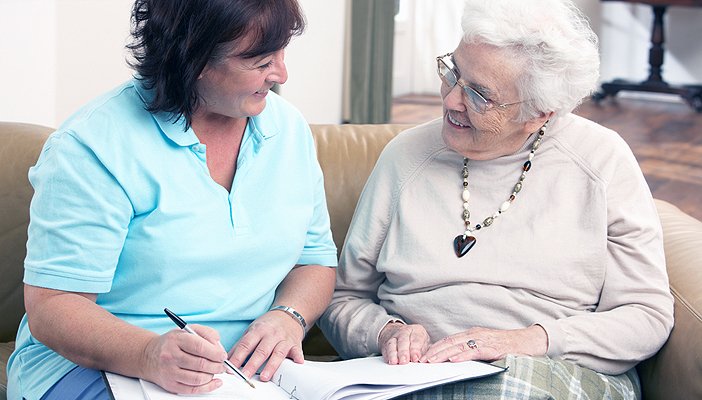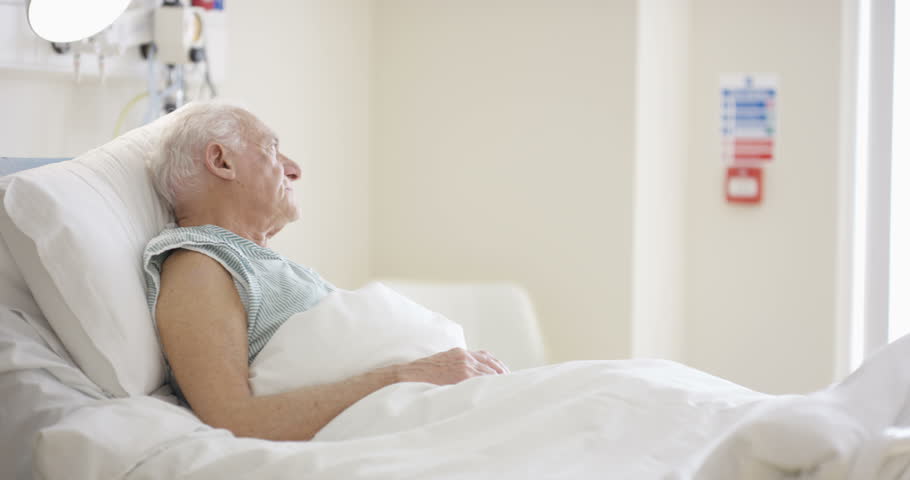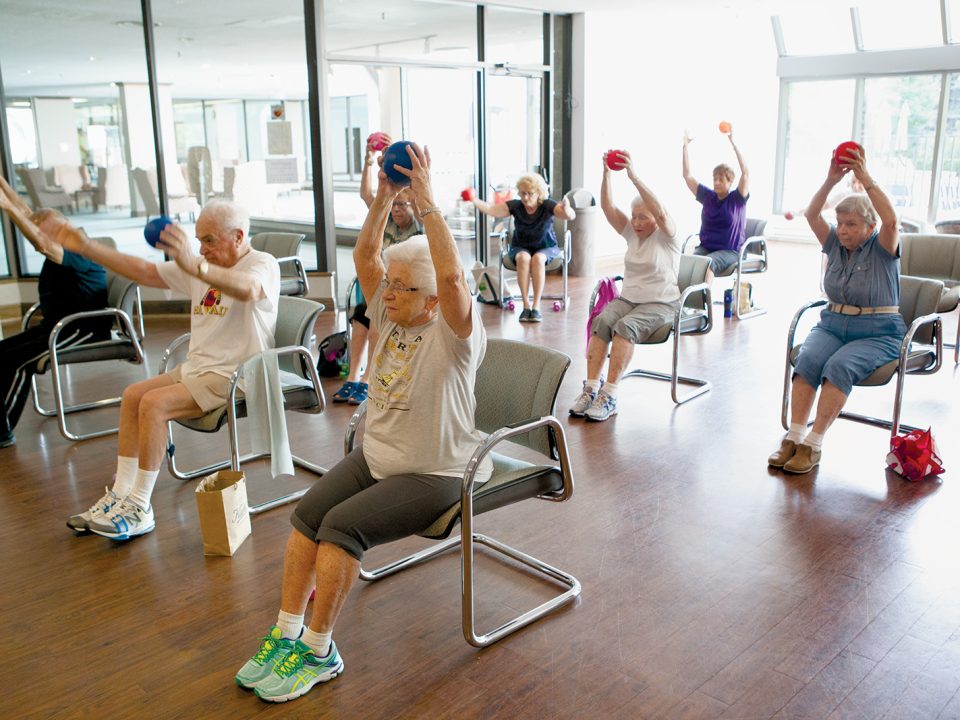
Why choose aged care?
July 8, 2018
15 Must-Have Traits of Nursing Assistants
July 19, 2018Nurse-led model that improves acute care for residents to be expanded

Nurse-led model that improves acute care for residents to be expanded
A successful program to fast-track the emergency department care of aged care residents and seniors in the community is being rolled out to Cairns and Ipswich in Queensland after a successful pilot on the Sunshine Coast.
The Geriatric Emergency Department Intervention model, which was co-developed by the Sunshine Coast Hospital and Health Service and the University of the Sunshine Coast, aims to improve emergency care for people aged 70 years and over.
The nurse-led model involves a clinical nurse consultant, and emergency department physician and clinical nurses on duty for 10 hours a day, seven days a week to prioritise the assessment, management and care of older people.
Following a successful pilot at the emergency department at Nambour Hospital and its subsequent implementation at the Sunshine Coast University Hospital, Queensland Health is funding the rollout to other state hospital and health services.
University of the Sunshine Coast PhD student Andrea Taylor was involved in the program at the Sunshine Coast University Hospital emergency department and is helping to expand it to Cairns Base Hospital and Ipswich Hospital.
She said the programs involves the intervention team engaging with aged care facilities when residents arrive at the emergency department.
“GEDI make contact with the facility and next of kin if appropriate to help identify the goals of presentation, then help facilitate to achieve that goal.
“It can include fast-tracking their journey through the ED to either discharge back home or if admission is required, ensure the appropriate is involved,” Ms Taylor told Australian Ageing Agenda.
To assist with the decision-making process from the ambulance or the aged care provider, the intervention team receive calls prior to the decision to transfer a resident to the emergency department, she said.
“We are the point of contact for facilities and family members whilst the patient is in the ED and we also act as a support to the clinicians in the facility,” Ms Taylor said.
Pilot results
University of the Sunshine Coast’s professor of nursing Marianne Wallis said the trial at the Nambour hospital resulted in improved patient experiences and outcomes.
The intervention team also ensures direct referrals to specialists within the hospital and safe discharge planning with support when going back into the community.“We found that from 45,000 patients whose data we surveyed between 2012 and 2016, the program reduced the amount of admissions, the amount of time the patient spent in hospital, and there were no adverse outcomes,” Professor Wallis said.
“It’s a more streamlined process that allows us to mobilise more quickly,” Professor Wallis said.
The project has also saved money by fast-tracking care and lower admissions.
Nurses at the hospitals involved with the project wear pink to assist patients in identifying which staff can help.
“Going to the emergency department can be a frightening thing for frail older people because it is a high-tech environment with bright lights and alarms, so anything we can do it minimise this stress is a good thing,” Professor Wallis said.
The GEDI project has received a $100,000 grant from the Emergency Medicine Foundation to evaluate trials at Cairns Base Hospital and Ipswich Hospital.
This article was originally published on www.australianageingagenda.com.au by on July 11, 2018










